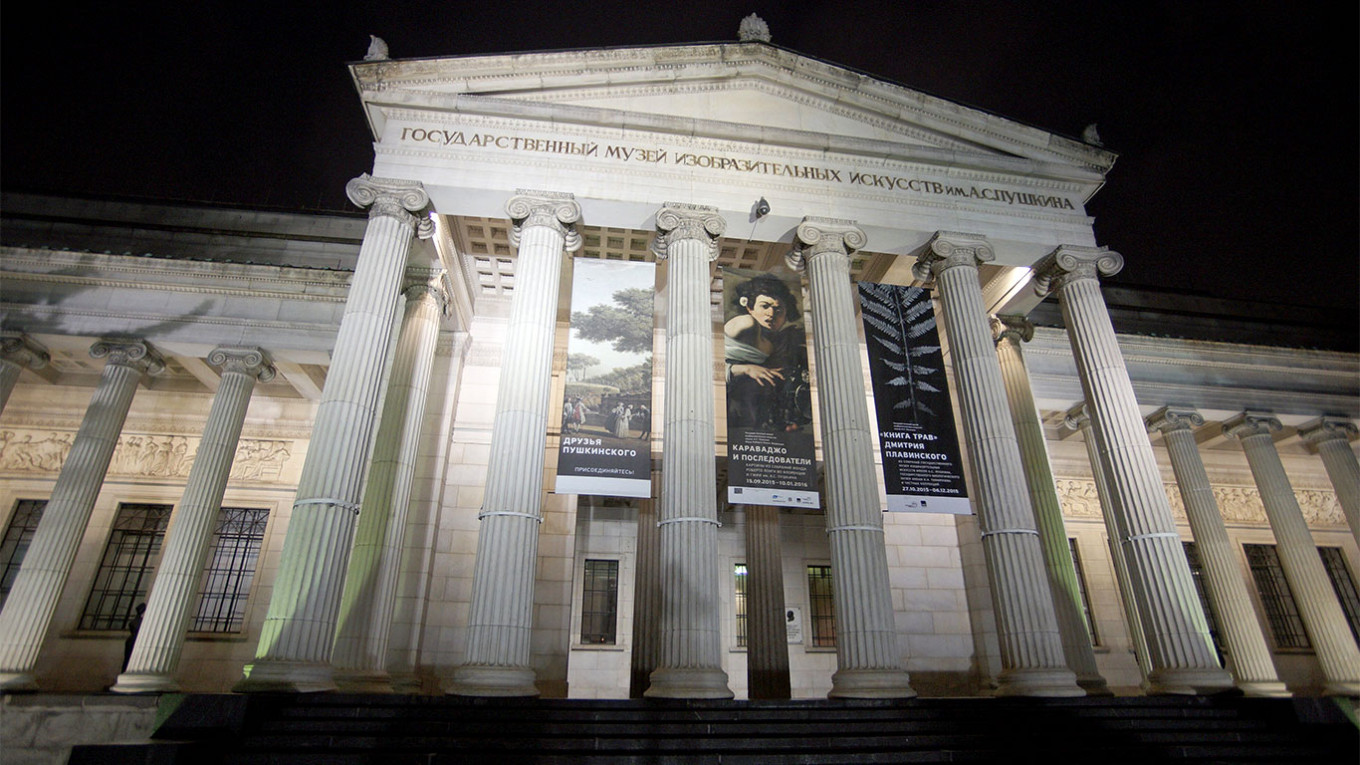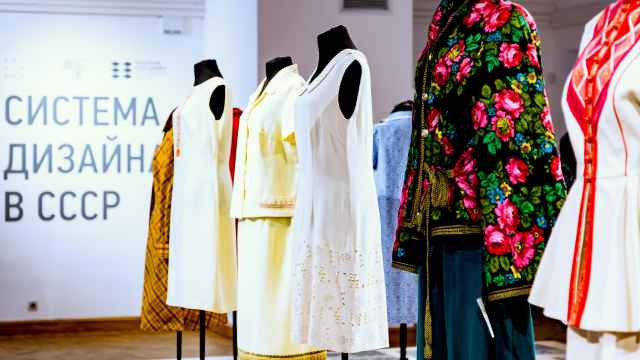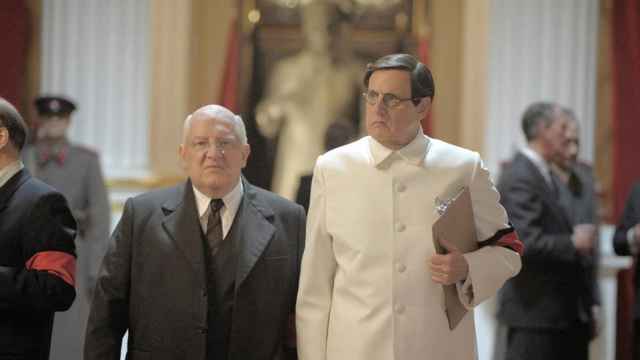Poland is calling on Russia’s state-run Pushkin Museum of Fine Arts to return seven artworks that were “stolen” by the Soviet Union during World War II, Warsaw said Wednesday.
“Cases of plunder of cultural goods do not expire…The Polish state will never stop searching for and recovering cultural goods that were looted as a result of World War II,” the government statement quoted Polish Culture Minister Piotr Gliński as saying.
The seven objects sought by Poland include works by Italian painters Lorenzo di Credi, Spinello Aretino and Luca Giordano, as well as French painter Valentin de Boulogne.
Russia’s Culture Ministry on Thursday said it had not yet received any official requests from the Polish government, noting the paintings in question had been given to the Soviet Union as part of German reparations after World War II.
“This type of valuables belongs to a special category, since they were transferred to the territory of the U.S.S.R in an act of compensatory restitution for the actions of Nazi Germany and its allies during the Great Patriotic War,” the RBC news outlet quoted a ministry representative as saying.
Russian Ambassador to Warsaw Sergei Andreyev confirmed that the Russian embassy received the Polish foreign ministry’s diplomatic note demanding the artworks’ return, adding that the embassy would forward the note to Moscow.
The Polish government's statement said it previously submitted 20 other restitution applications for thousands of cultural objects that Soviet officials transported to Russia following World War II, but received no response.
“We are unable to precisely assess the scale of the looting by the Soviets. In the case of hundreds of thousands of objects lost by Poland as a result of World War II, the trail leads to the Russian Federation,” said Gliński.
“The lack of access to Russian museum resources and archival sources, including export lists, makes it difficult to determine how many Polish works of art and monuments are in Russia today,” the Polish minister added.
Poland and Russia have had historically turbulent ties which have only worsened since the Russian invasion of Ukraine.
A Message from The Moscow Times:
Dear readers,
We are facing unprecedented challenges. Russia's Prosecutor General's Office has designated The Moscow Times as an "undesirable" organization, criminalizing our work and putting our staff at risk of prosecution. This follows our earlier unjust labeling as a "foreign agent."
These actions are direct attempts to silence independent journalism in Russia. The authorities claim our work "discredits the decisions of the Russian leadership." We see things differently: we strive to provide accurate, unbiased reporting on Russia.
We, the journalists of The Moscow Times, refuse to be silenced. But to continue our work, we need your help.
Your support, no matter how small, makes a world of difference. If you can, please support us monthly starting from just $2. It's quick to set up, and every contribution makes a significant impact.
By supporting The Moscow Times, you're defending open, independent journalism in the face of repression. Thank you for standing with us.
Remind me later.






